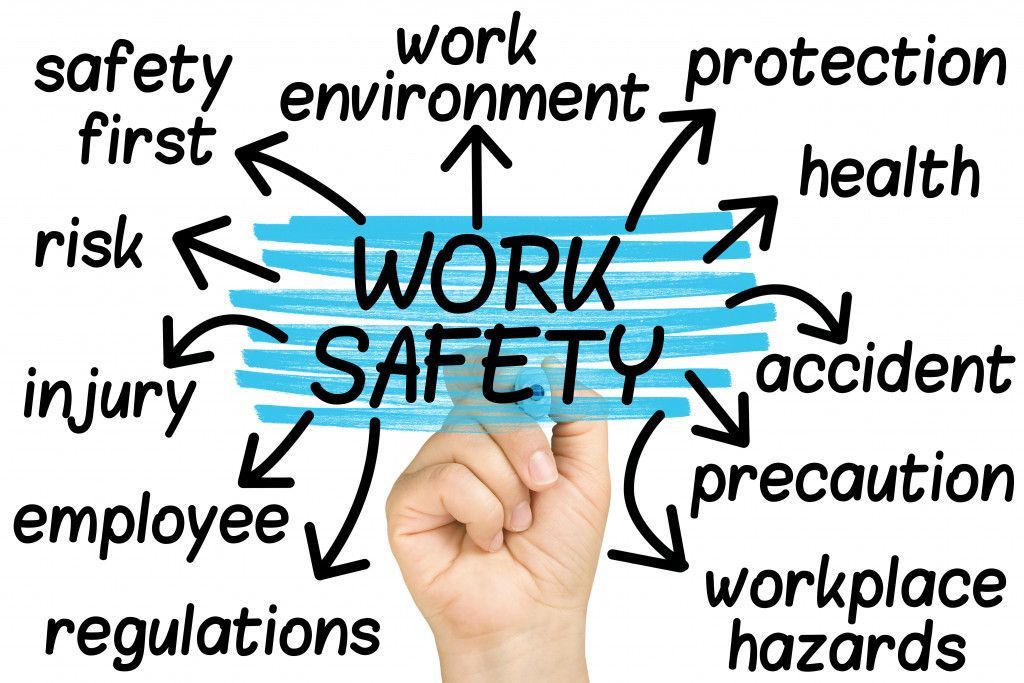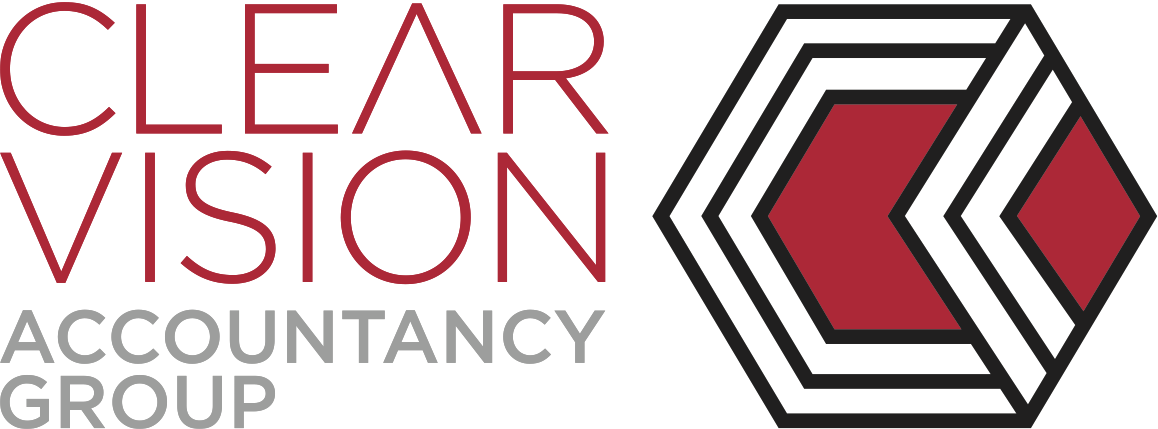Employer WH&S Obligations

Did you know, managing psychosocial hazards and risks at work is just as important as managing physical risks.
Most jobs involve some psychosocial hazards. These are the hazards that can harm workers' mental health. Under the model WHS laws, a person conducting a business or undertaking (PCBU), such as an employer, must manage psychosocial risks (e.g. risks to mental health) at work.
The Work Health and Safety Act 2011 (WHS Act) imposes a 'primary' duty on the PCBU to ensure the physical and psychological health and safety of its workers and other people, so far as reasonably practicable.
PCBUs should follow a four-step risk management process to meet their health and safety obligations under the Code and Regulations:
1. Identify psychosocial hazards
2. Assess the risk
3. Control the risks
4. Review the controls
Part 3 of the Code provides detailed information about these steps for psychosocial hazards.
If you need any assistance understanding your obligations, please feel free to contact us on 4688 2500





